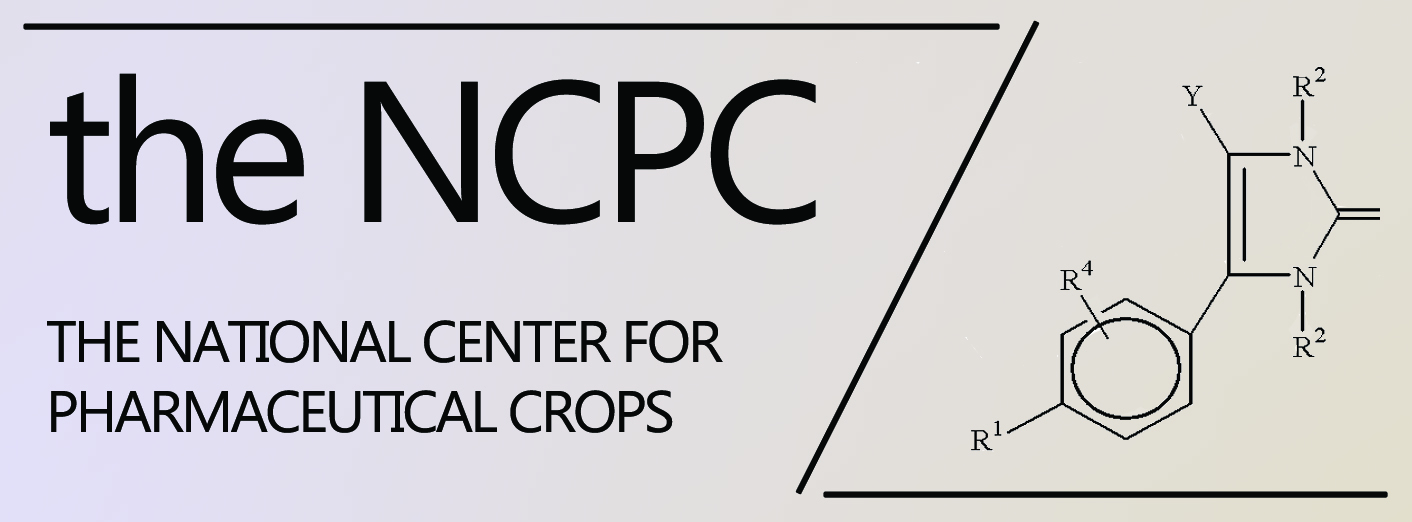
An Overview of Genus Aesculus L.: Ethnobotany, Phytochemistry, and Pharmacological Activities
Zhang, Z., Li, S., & Lian, X.-Y. (2010). An Overview of Genus Aesculus L.: Ethnobotany, Phytochemistry, and Pharmacological Activities. Pharmaceutical Crops, 1(1), 24–51. https://doi.org/10.2174/2210290601001010024
https://benthamopen.com/TOPHARMCJ/home/
Abstract
The seeds of Lupinus termis are used in the Middle East and Africa as food and in folklore medicine. In traditional medicine, the seeds are reputed to be effective for diabetes. Topically, the powdered seeds are used to treat acne, and in clinical studies performed outside the U.S.A., the ethanolic extract demonstrated efficacy in the treatment of chronic hand and foot eczema. In order to evaluate these traditional uses in controlled clinical trials in the U.S.A., the Food and Drug Administration requires proof of safety of the product under investigation. Three required genotoxicity studies are described in this paper: the Reverse Mutation Assay; the Mouse Lymphoma Assay; and the Mouse Micronucleus Assay. In all three assays, the ethanolic extract of L. termis was found to be not genotoxic. Further toxicity studies required by the FDA will be reported in due course.


